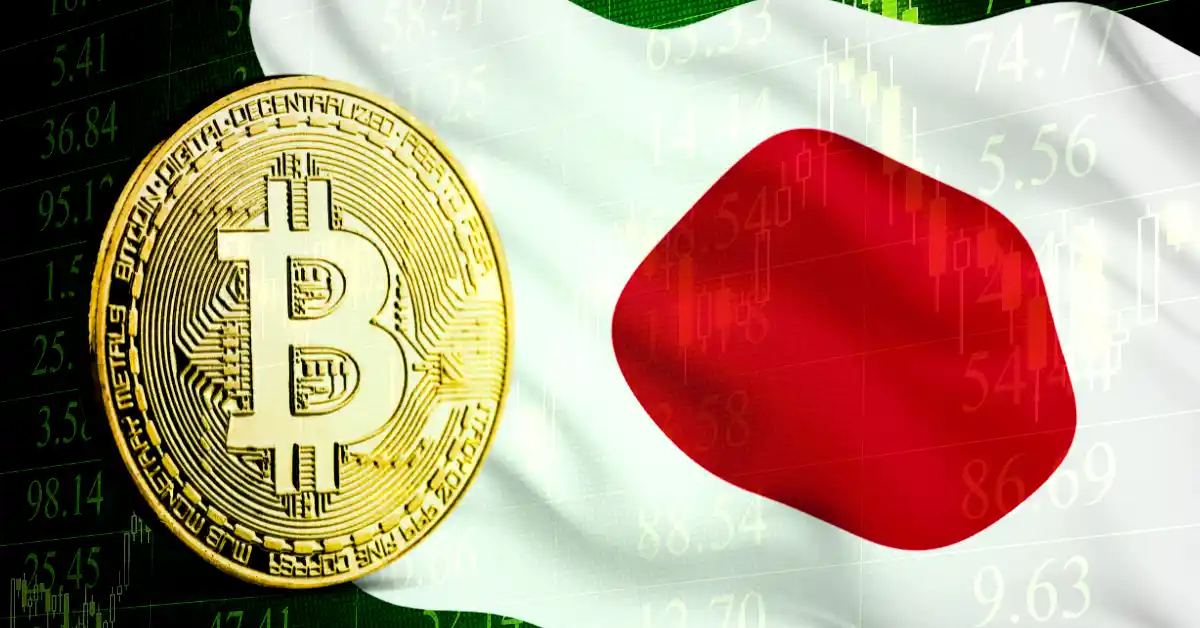
Japan is making significant strides in regulating its cryptocurrency sector. The Financial Services Agency (FSA) has announced new measures to strengthen crypto lending rules, aiming to protect investors and close existing regulatory loopholes.
Why Are the New Rules Necessary?
Currently, companies offering crypto asset management or staking services must register as exchanges. However, businesses engaged in crypto borrowing aren’t required to fulfill similar obligations. This regulatory gap poses risks, leaving investors vulnerable to credit and price fluctuation risks, as well as unsafe custody practices.
The FSA’s proposed regulations will ensure higher standards such as:
- Mandatory risk management systems for sub-lending and staking partners.
- The secure storage of crypto assets using tools like cold wallets.
- Comprehensive disclosures to inform customers of the risks involved.
- Advertising oversight to prevent misleading promotional tactics.
Investment Limits for IEOs
The FSA is also looking into capping investments for Initial Exchange Offerings (IEOs). Inspired by equity crowdfunding rules, this proposal prevents overinvestment by limiting the maximum amount individuals can invest, based on their income and assets. For example, investments exceeding 500,000 yen may be capped at 5% of an investor’s income or assets, with a maximum limit of 2 million yen.
This measure seeks to protect retail investors from financial overexposure. However, some committee members question its feasibility, particularly because IEO tokens can be easily traded in the secondary market after issuance, allowing savvy investors to bypass primary market limits.
Backing Stablecoins for Financial Innovation
In parallel with tightening crypto rules, Japan’s government continues to foster blockchain innovation. The FSA recently backed a stablecoin initiative spearheaded by major banks, including MUFG, Sumitomo Mitsui, and Mizuho. These stablecoins will undergo trials for cross-border payments while being reviewed for compliance with new regulations.
The country’s forward-thinking approach includes a potential policy shift. Banks may soon be allowed to purchase and hold cryptocurrencies for investment purposes. This could mark a major milestone in integrating digital assets with traditional finance.
What This Means for Japan’s Crypto Future
With interest in cryptocurrencies surging, both domestic exchanges and foreign entrants are rapidly expanding services in Japan, fueled by expectations of streamlined regulations. The FSA’s comprehensive approach not only safeguards investors but also encourages innovation, setting a balanced precedent for other nations to follow.
Stay on Top of Emerging Crypto Trends
As Japan reshapes its cryptocurrency framework, staying informed is vital. If you’re exploring ways to safely invest or manage crypto assets, consider using reputable hardware wallets like the Ledger Nano X. Offering state-of-the-art cold storage, it keeps your digital investments secure from online threats.
For more insights on cryptocurrency regulations, market updates, and expert analysis, follow our blog and stay informed. Remember to always conduct thorough research before making investment decisions!





